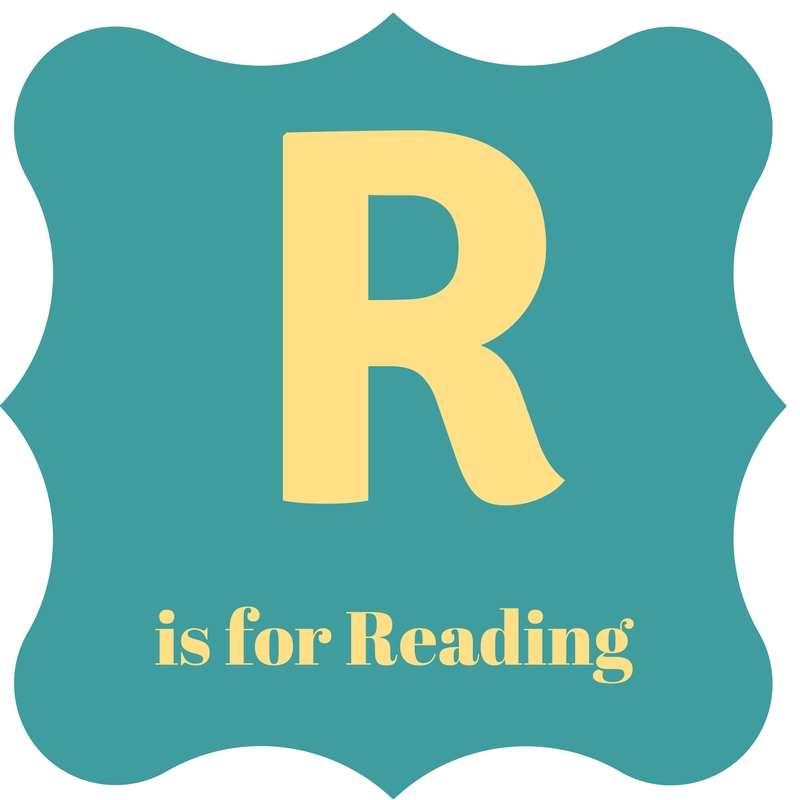You have at hand so many master writers, living in your house, clustered in your writing space, by your bed. They will teach you not just what they know but what they did, for you have them in the form of their books, their stories, the words on the page, the images, the dialog, the characters come to life. At this point, you likely carry them on your phone–in your pocket or purse–almost everywhere you go. Use them. Let them find your writing, inspire you, remind you of what drew you to story in the first place. If you are stuck, dig into the books you love for answers: How does a revelation emerge? How does the subtext of a dialog seep through? What is the balance of interior thought to exterior action? (This is a great one to track by marking up a page.)
Reading is your greatest teacher and your highest goal. For only when you can transform yourself into a reader of your own work–through time and other tricks of distance (reading it aloud, changing the font, reading while imagining another, specific reader, getting detailed notes from another reader and re-entering the work to examine their findings in your margins)–will you be able to edit your own work. And once you can edit your own work well, you are entirely free. You need never fear the blank page nor monitor the quality of what you scratch onto it. Write as you will, as you must. Read and respond. Edit. This cycle will save you. Reading is what made us want to write, and reading–our own writing and others’ writing–is what turns us into writers and keeps making us stronger and more effective.
A Practical Alphabet for Writers: Find all the letters so far at https://bookwritingworld.com/blogs/

